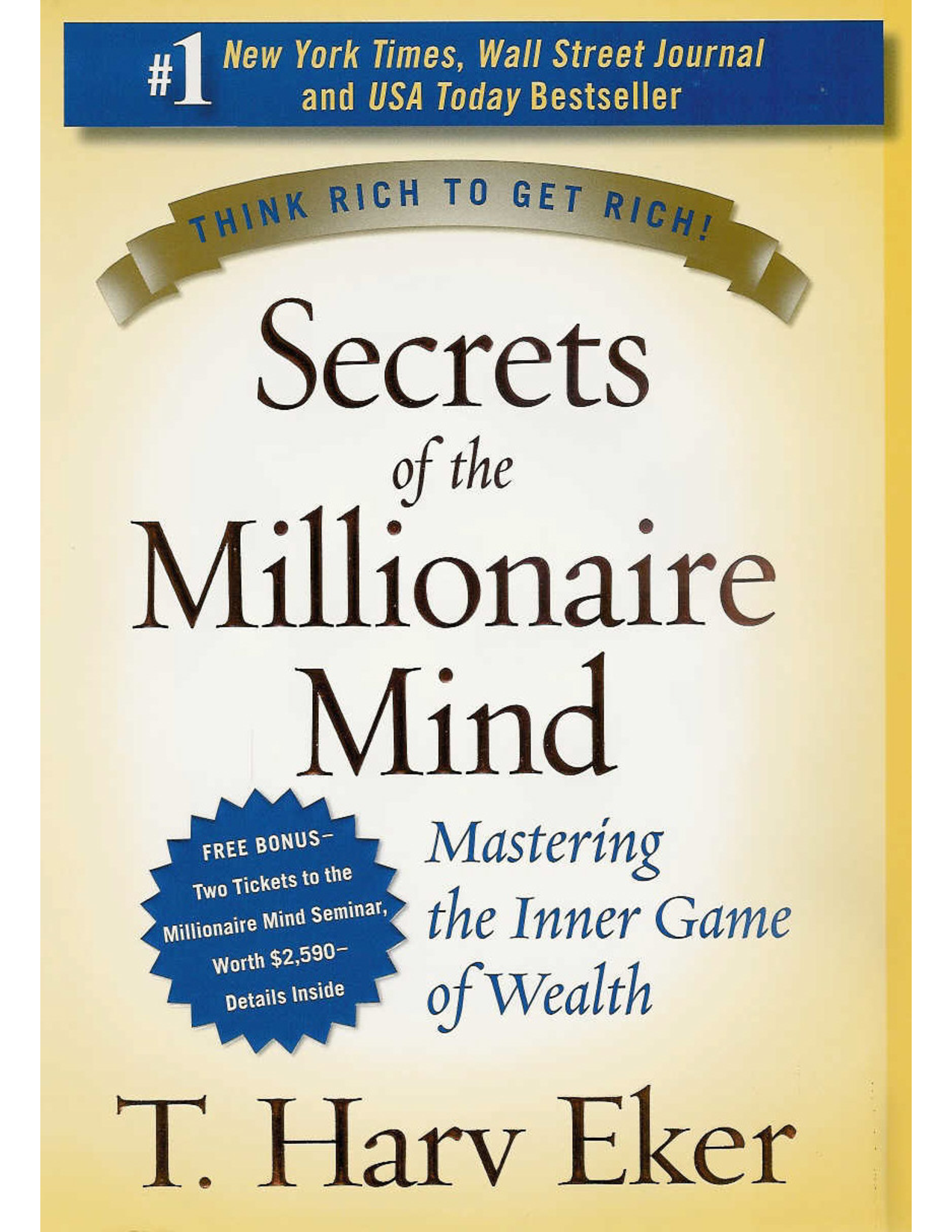
This is what we call “data storage.” Image by svilen001
Each of us has a childhood encounter with money that deeply influences our subconscious relationship with money. Most of the time, this “encounter” comes in the form of watching our parents deal with money. Sometimes it occurs over years. Sometimes it’s one specific incident that impresses itself in our minds.
I read about this in T. Harv Eker’s “Secrets of the Millionaire Mind,” where he calls it “your money blueprint.” (I promise I will cite other sources than T. Harv Eker eventually in the Money Jedi series. His is just the most powerful book I’ve read so far. I’ll read something else soon, okay?)

But I’ve also encountered this in other places, like one of those tapping exercises for prosperity.
You know–where you tap certain points on your body that are basically acupuncture points, but you don’t use needles, you just hit yourself there over and over again?
There are supposedly tapping exercises for all kinds of things. You can tap your way to weight loss. Or getting up earlier (I need that one). Or prosperity. I used a video series by Margaret M. Lynch.
My point is: This advice/soul journey/self evaluation exercise exists in multiple places, and I think there’s a good reason for that.
I’ll tell you a little story because I have been taught by teachers to lead by example. (I am a very good example. You should copy me.)
MY MONEY PROGRAM
When I was growing up, my dad ran his own business out of our basement. He wanted to work at home so he could watch us grow up. I can still remember waking up to the sound of his voice booming through the entire house as he cursed good-naturedly at whoever was on the other end of the telephone line.
“YOU SONOFABITCH HOW THE HELL ARE YOU?” My father would scream, and I would feel warm and safe, knowing I was loved and daddy was running a good business so I could have My Little Ponies.

They are worth every penny. Image by Lisa Brewster at Flickr Commons
He did very well for a long time.
Then my dad decided to branch out and start another business. And this one . . . didn’t go so well.
There was less good-natured screaming and more silence. Dad sold his prized Porsche. He sold our boat, the “Stumpfinder,” and worked at a flea market on the weekends. We almost had to sell our house. I remember accidentally spilling grape juice on the rug several minutes before strangers came through our house to decide whether or not to buy it.
Fortunately, he wound up landing a job at a very well respected company in the produce business. He’s now the VP. It was hard for him to get a job working for someone else, but not as hard as feeling like he failed his family.
Later, my mom confessed that she didn’t know where we would have gone if we’d actually sold the house. My dad was too proud to ask any relatives or friends for help. (I hope he doesn’t read this, he’ll kill me. Love you dad!)
I’ve got a lot of that pride myself.
Whether times were good or bad, my parents never talked about money in front of my sister and I. They were always smiles and reassurance, but sometimes their eyes were worried.
When I decided to start my own business, I moved back home with my parents. They were incredibly supportive, but it was one of the hardest things I ever did. (Remember that pride thing I mentioned?) I’d been on my own for about 10 years, and I had no guarantee starting a business would work out. What if I just turned into one of those “back to the nester’s” and wound up living with my parents till I was 35?
I worked hard. I stayed in my room bent over my laptop all day and into the evening. I didn’t have to pay rent or utilities, but I still barely made ends meet. Many months, I was in the red. I was too proud to admit this, and always pretended everything was fine.
According to that tapping exercise–and yes, T. Harv Eker–I was reliving my father’s second business venture, which had a huge emotional impact on my understanding of money.
Everyone has memories like this. A time in their life, or a specific incident, that shaped their emotional, subconscious understanding of money. It becomes a kind of blueprint which we act out, like a record on repeat, because it is seriously the only way we know how to think about money. We don’t have any other frame of reference to behave from.
Some people’s money program is: Women don’t make the money in the house.
If that person’s a woman, she’s going to struggle all her life to make her own money (if she tries at all). If that person’s a man, he’s going to wind up with a woman who doesn’t make a lot of money.
Some people’s money program is: Money is easy to make, but hard to hold on to.
Making money comes easily for these people. There is always a good flow coming in. Unfortunately, there’s a good flow going out, too.
My subconscious program was:
You’re proud and independent. You work for yourself. You stay home all day and work hard–but you still fail.
Realizing this program was at work was only one step toward putting a stop to it, and creating a program I actually wanted to live with. My business did take off, in time. I hope I never take that for granted. I hope I can continue writing the money program I want to live–one that’s empowering, abundant and allows me to live life to the fullest.
What’s your money program? Where is it hindering you? And where is it empowering you?
***
L. Marrick is a historical fantasy writer and freelance copywriter. She waxes poetic about swords and the Renaissance Faire at her author blog. She looks all professional-like at her copywriting site. She eats too much chocolate and still doesn’t believe downward dog is supposed to be a restful yoga pose. You can connect with her at either of her websites, and follow her on Twitter .

